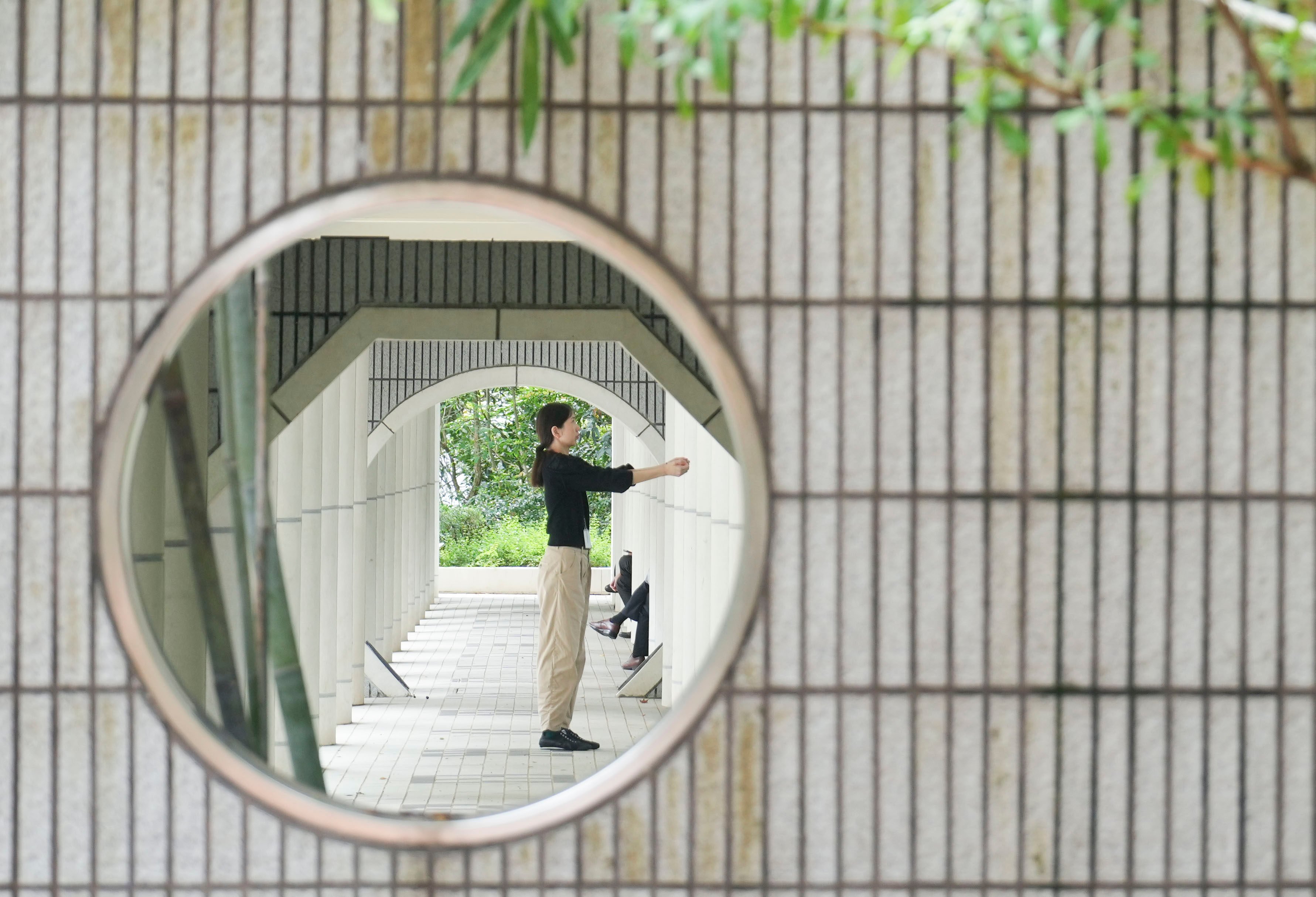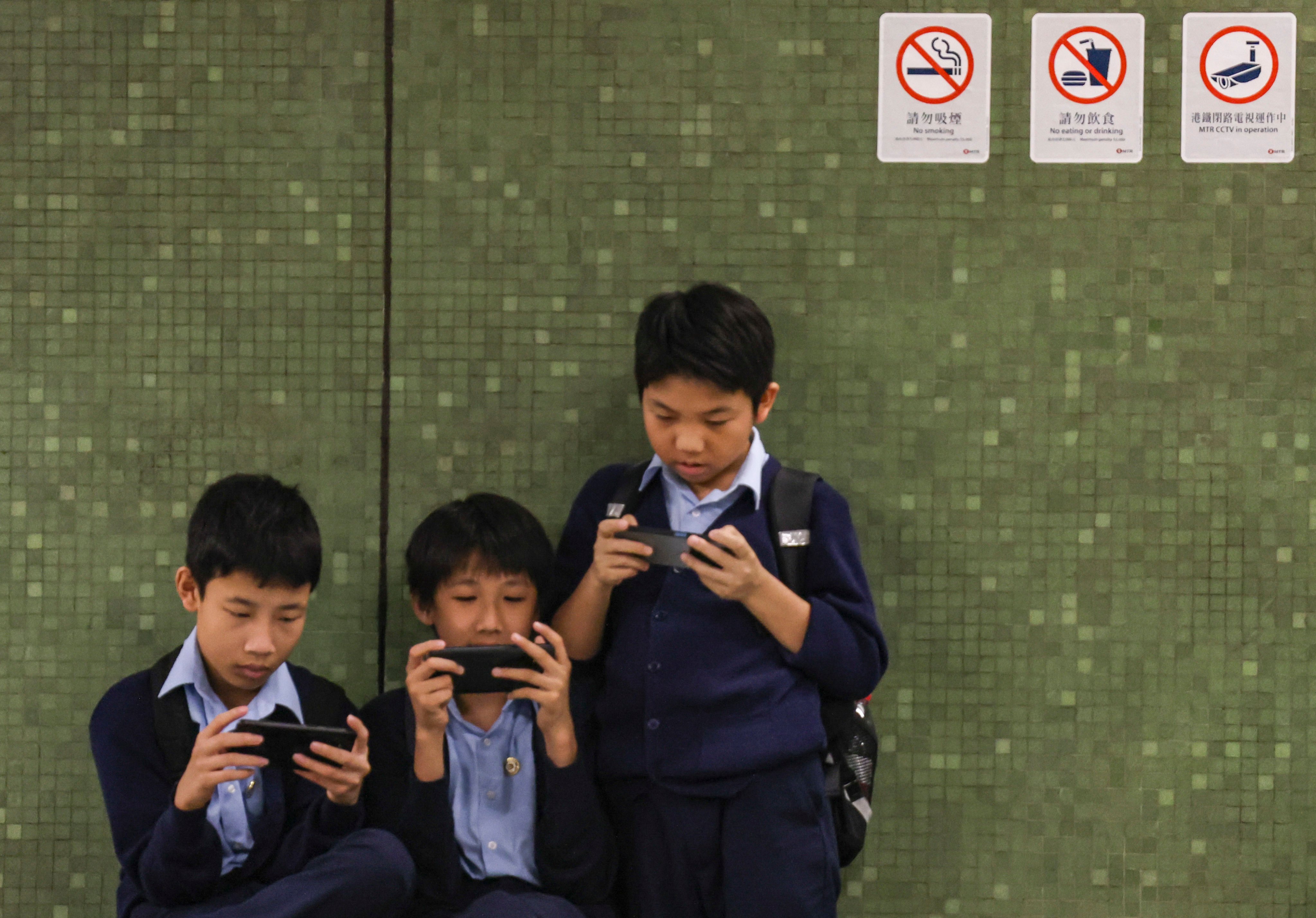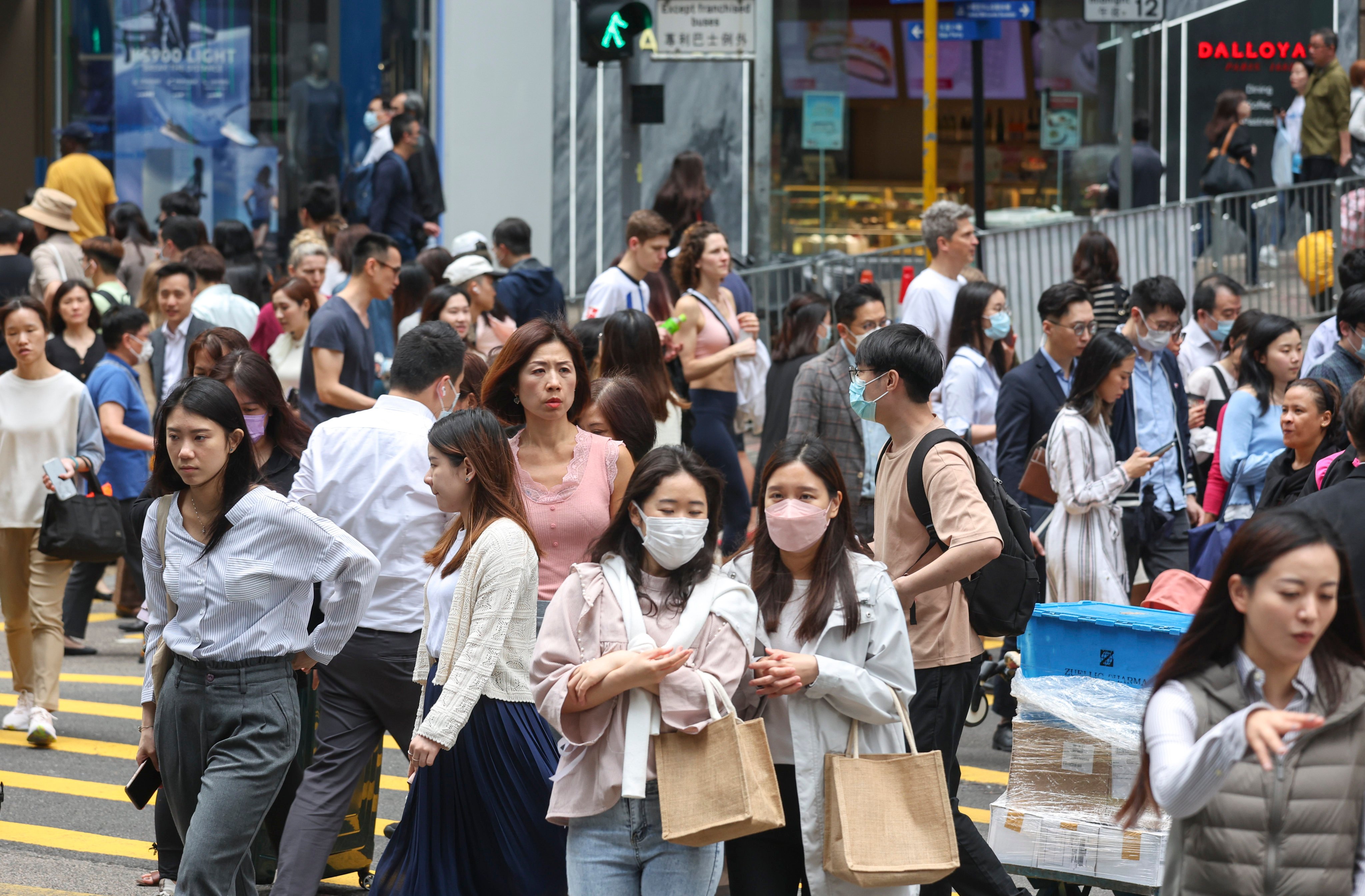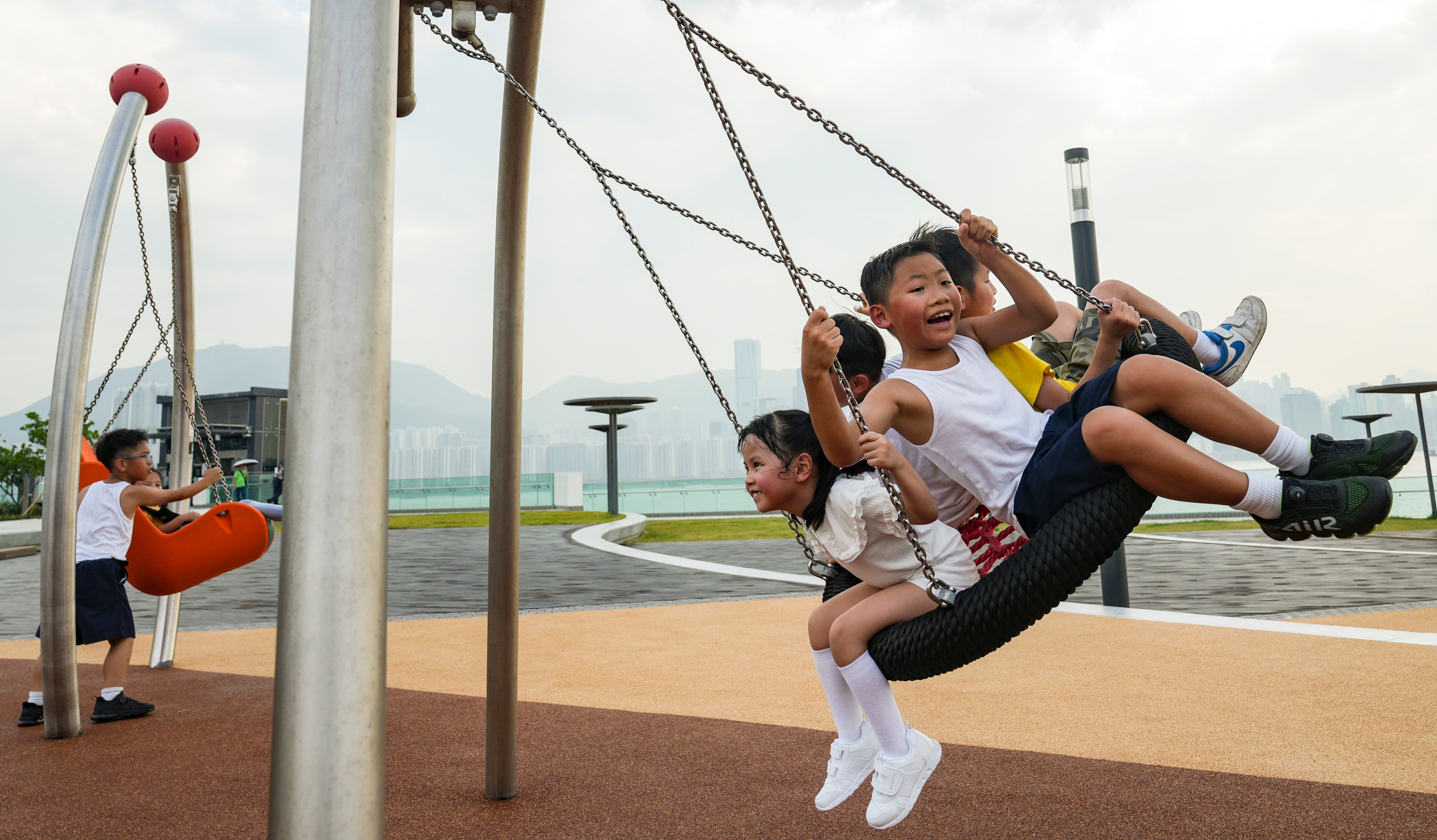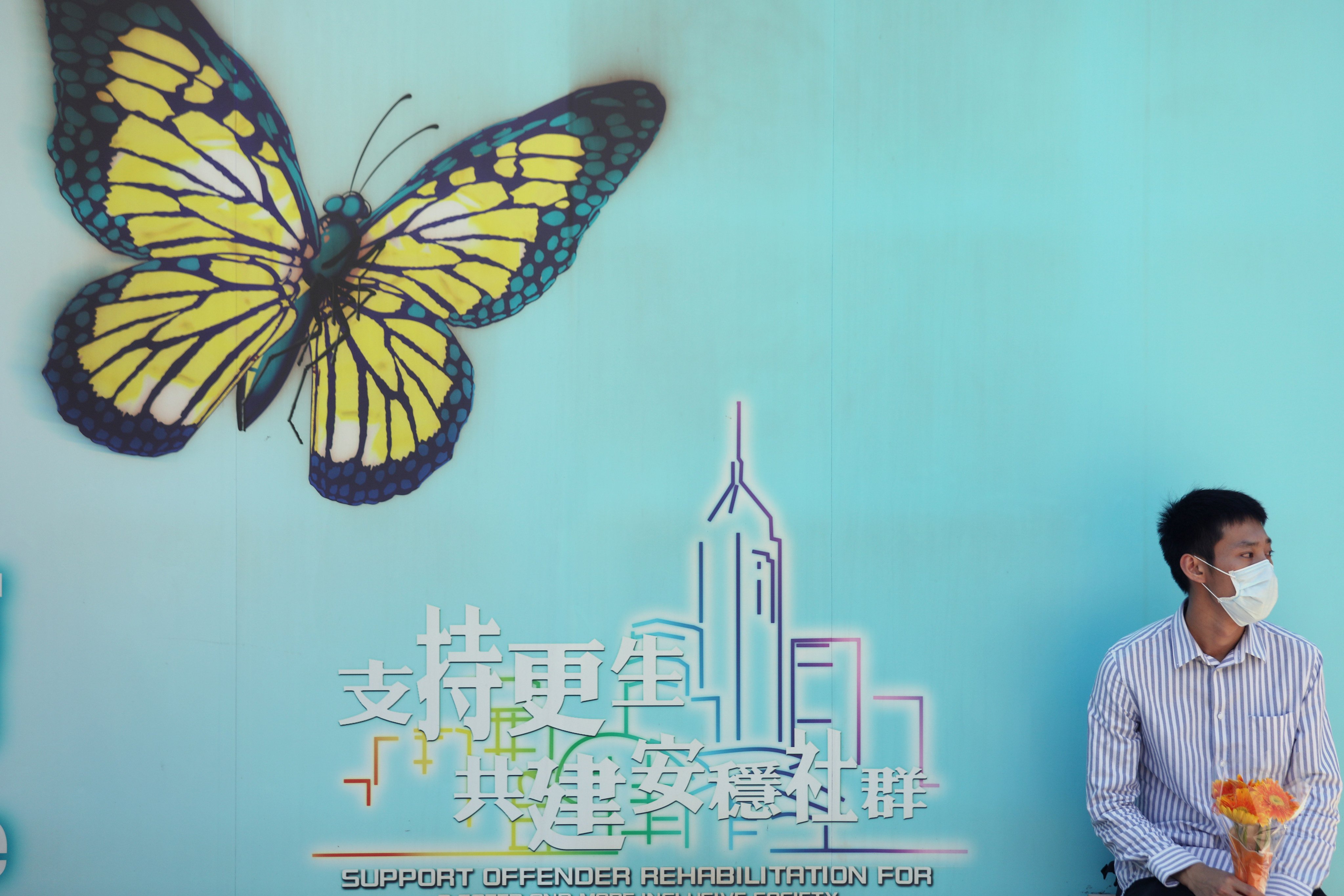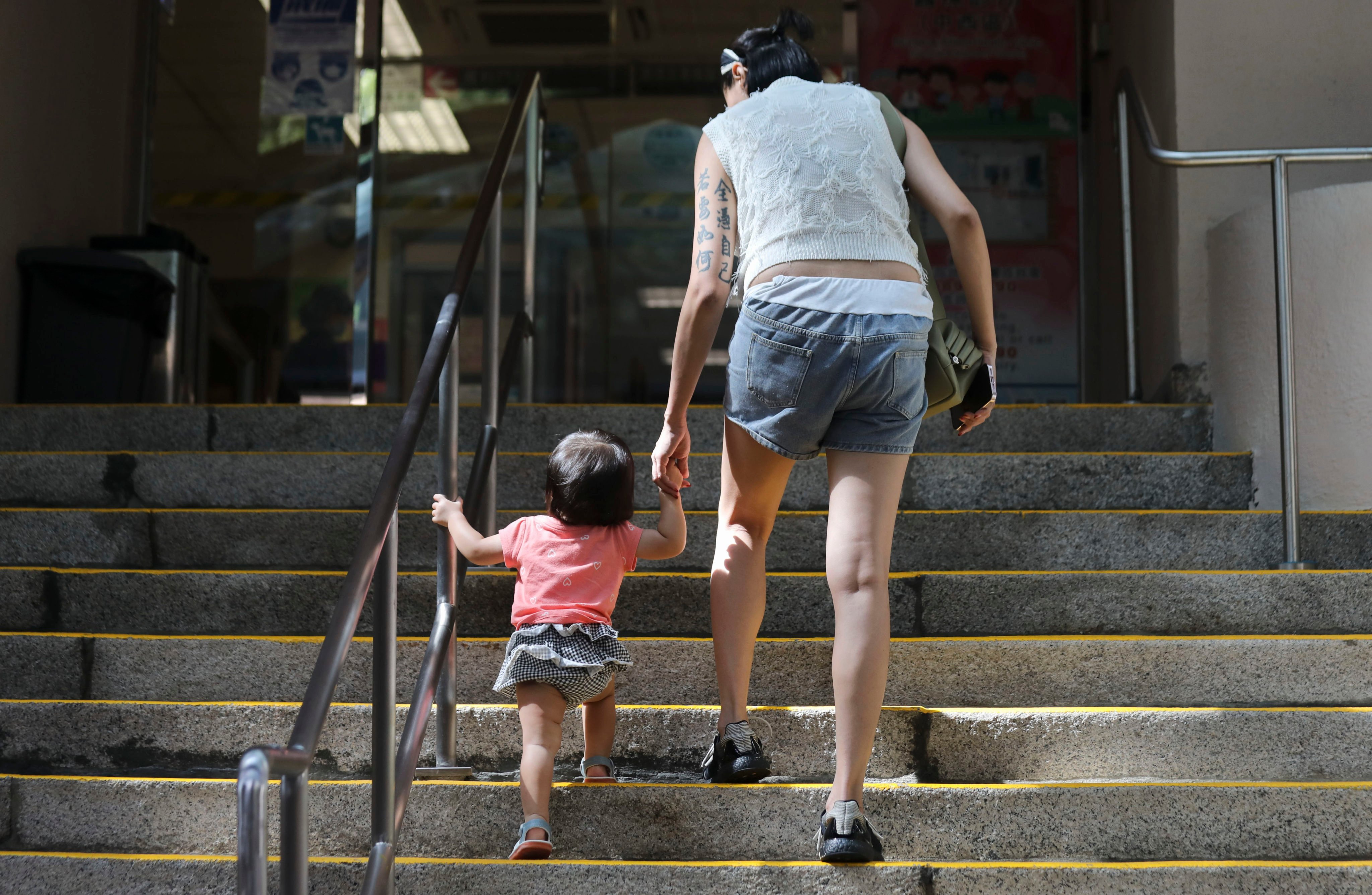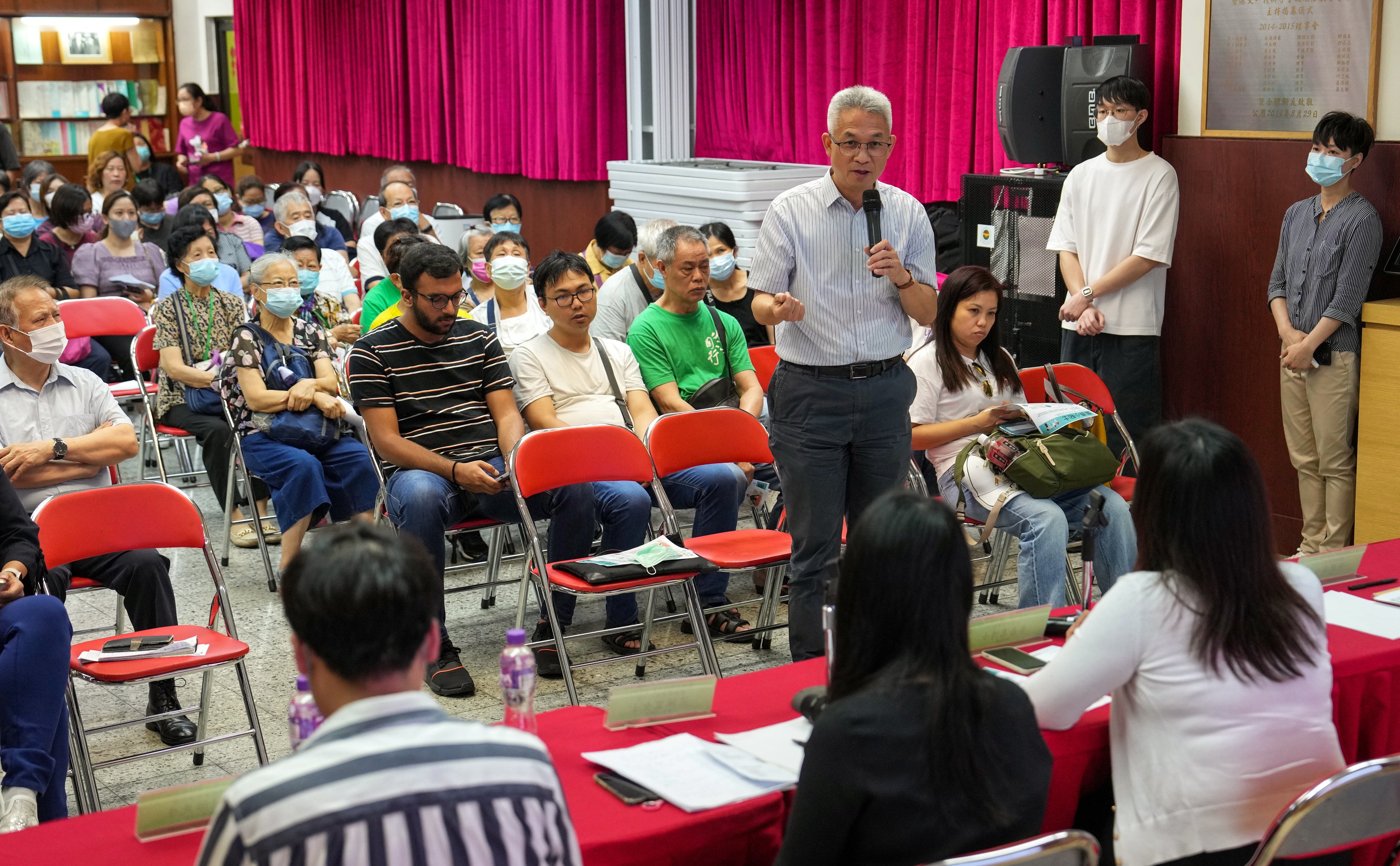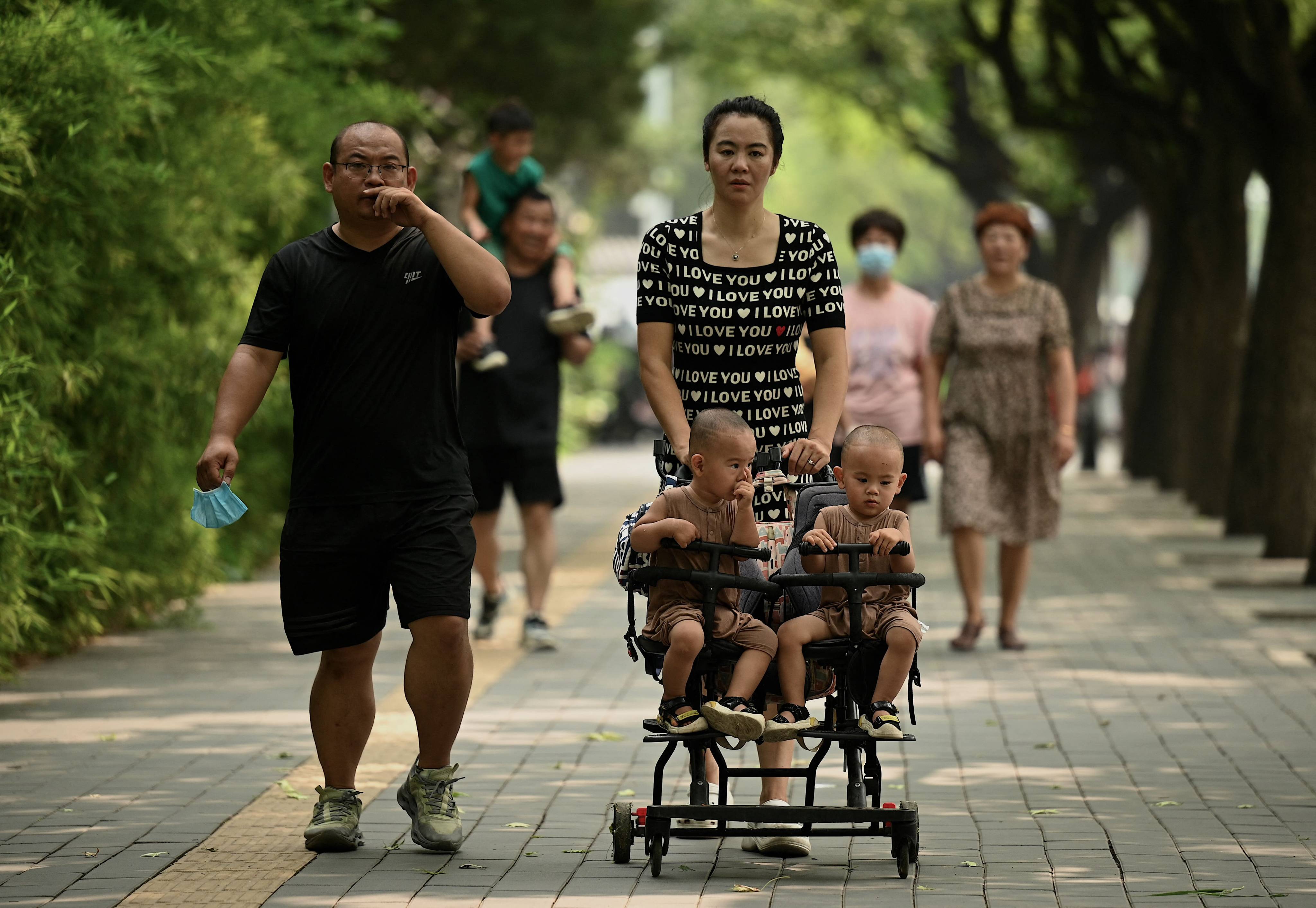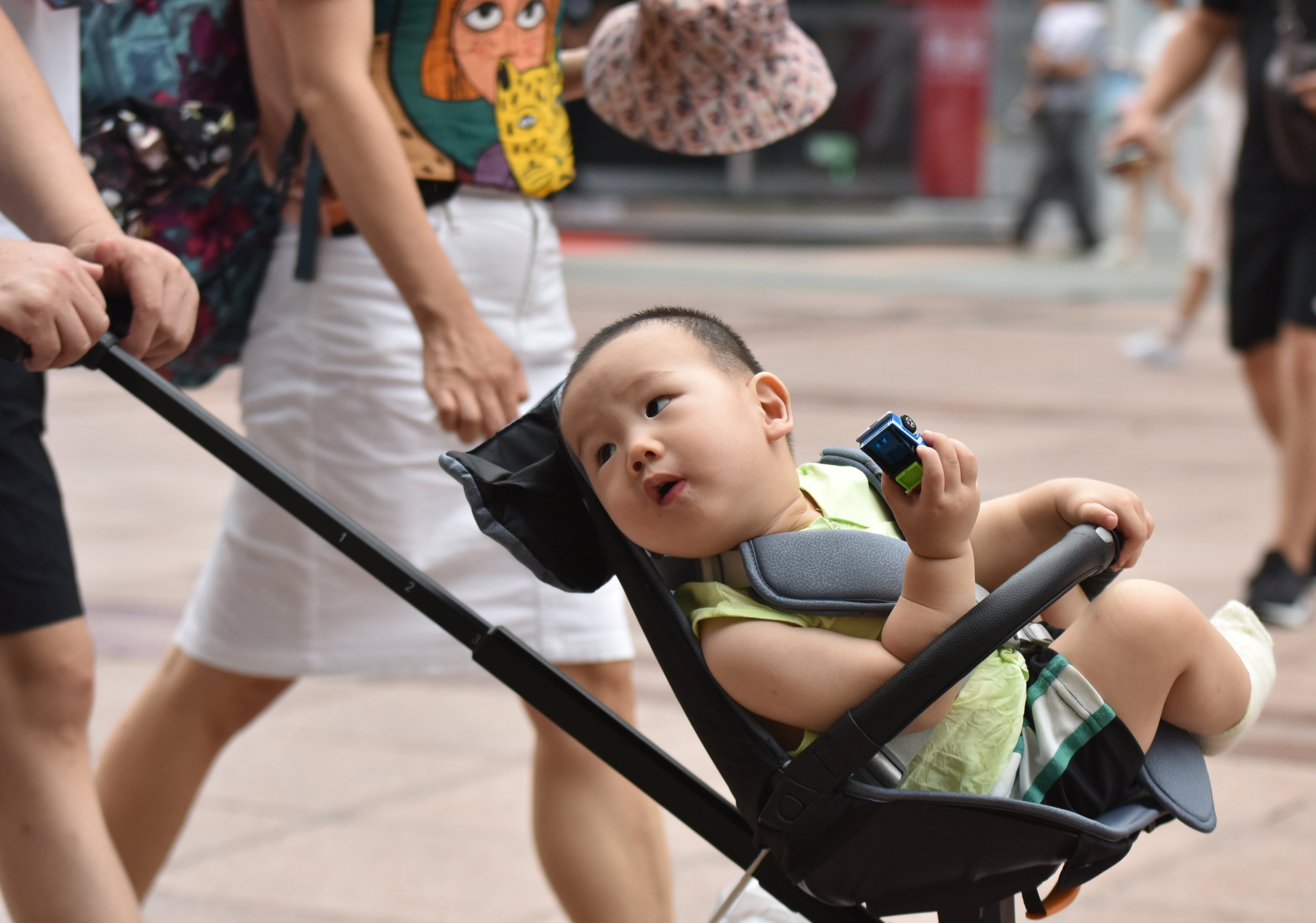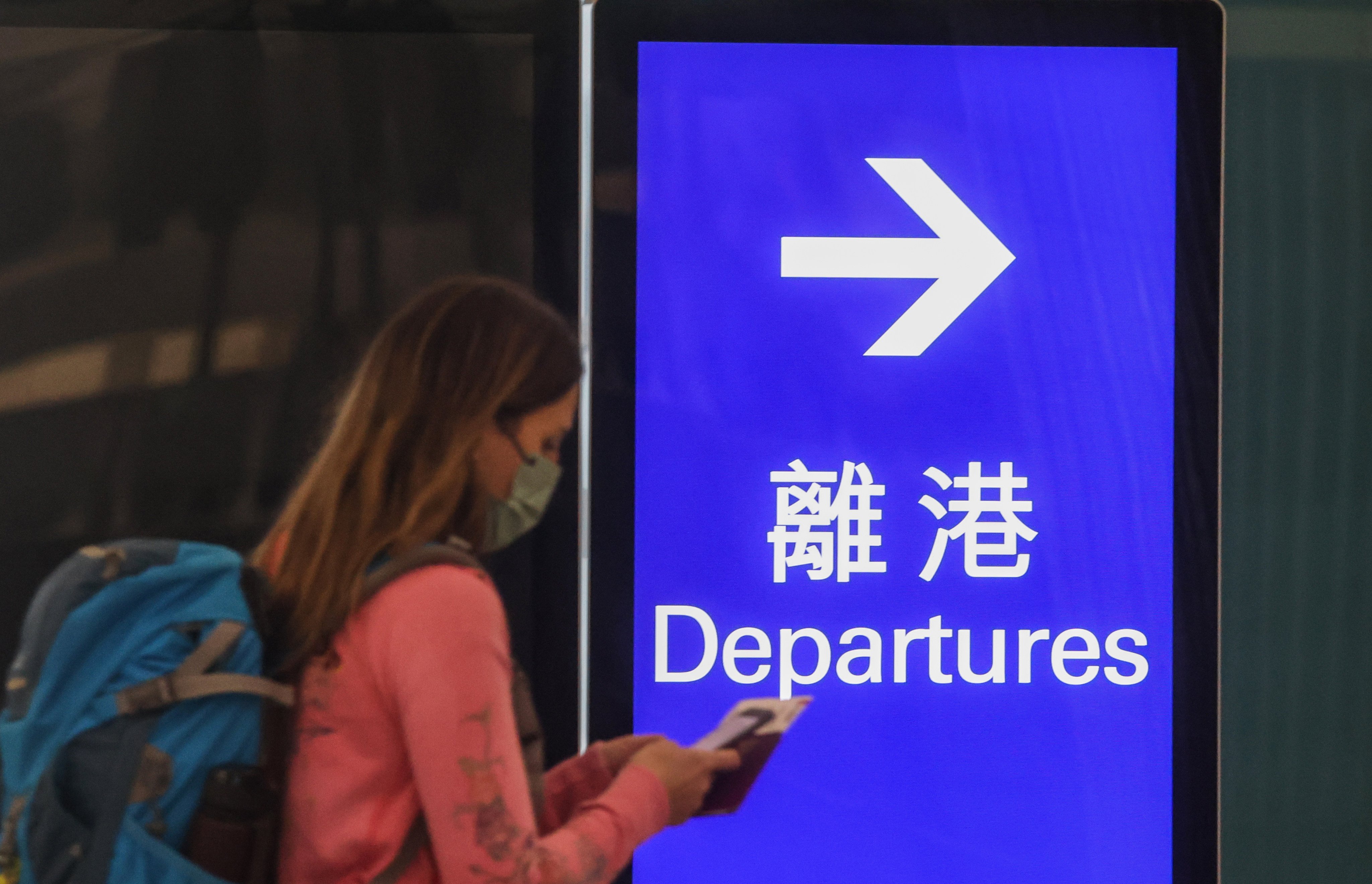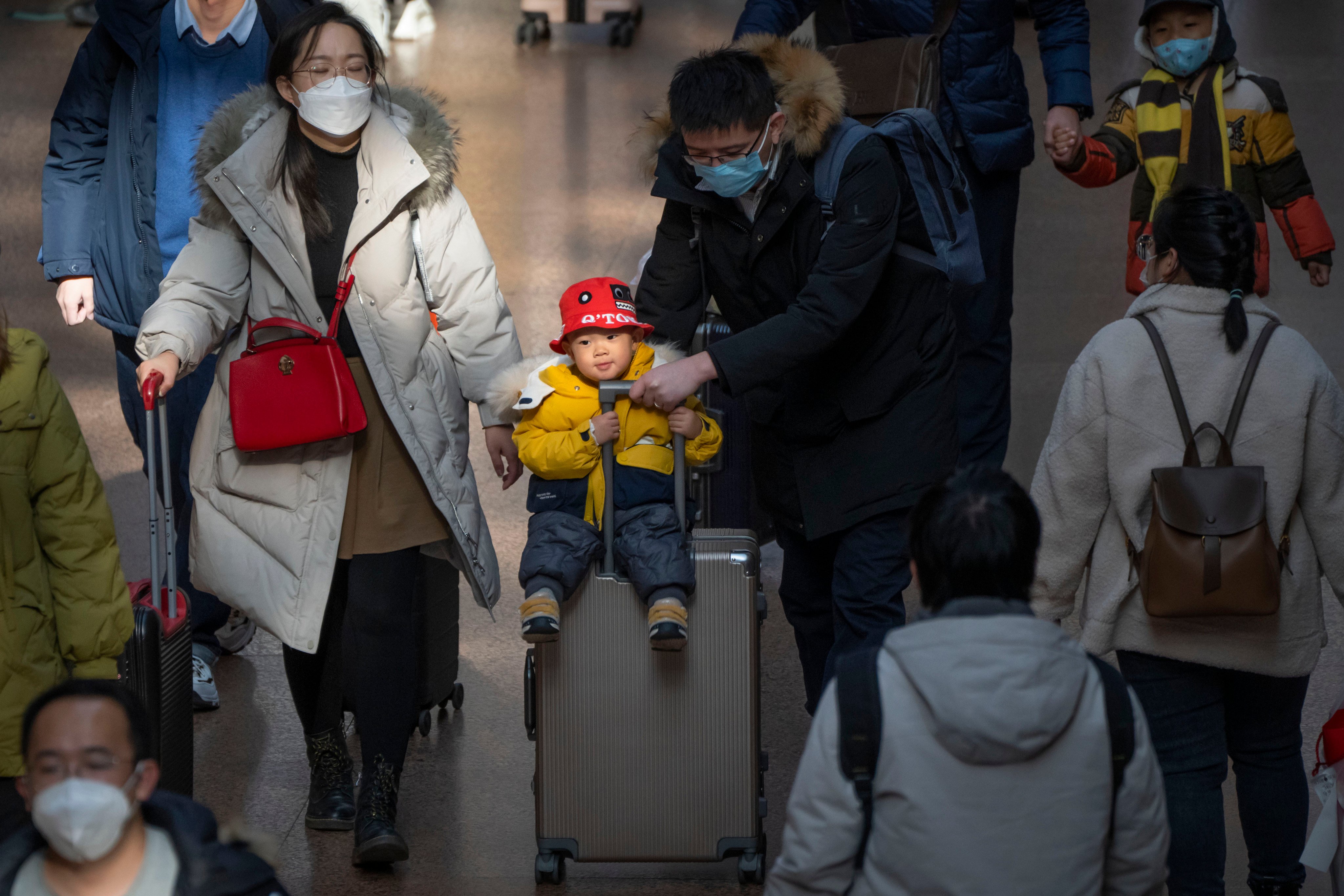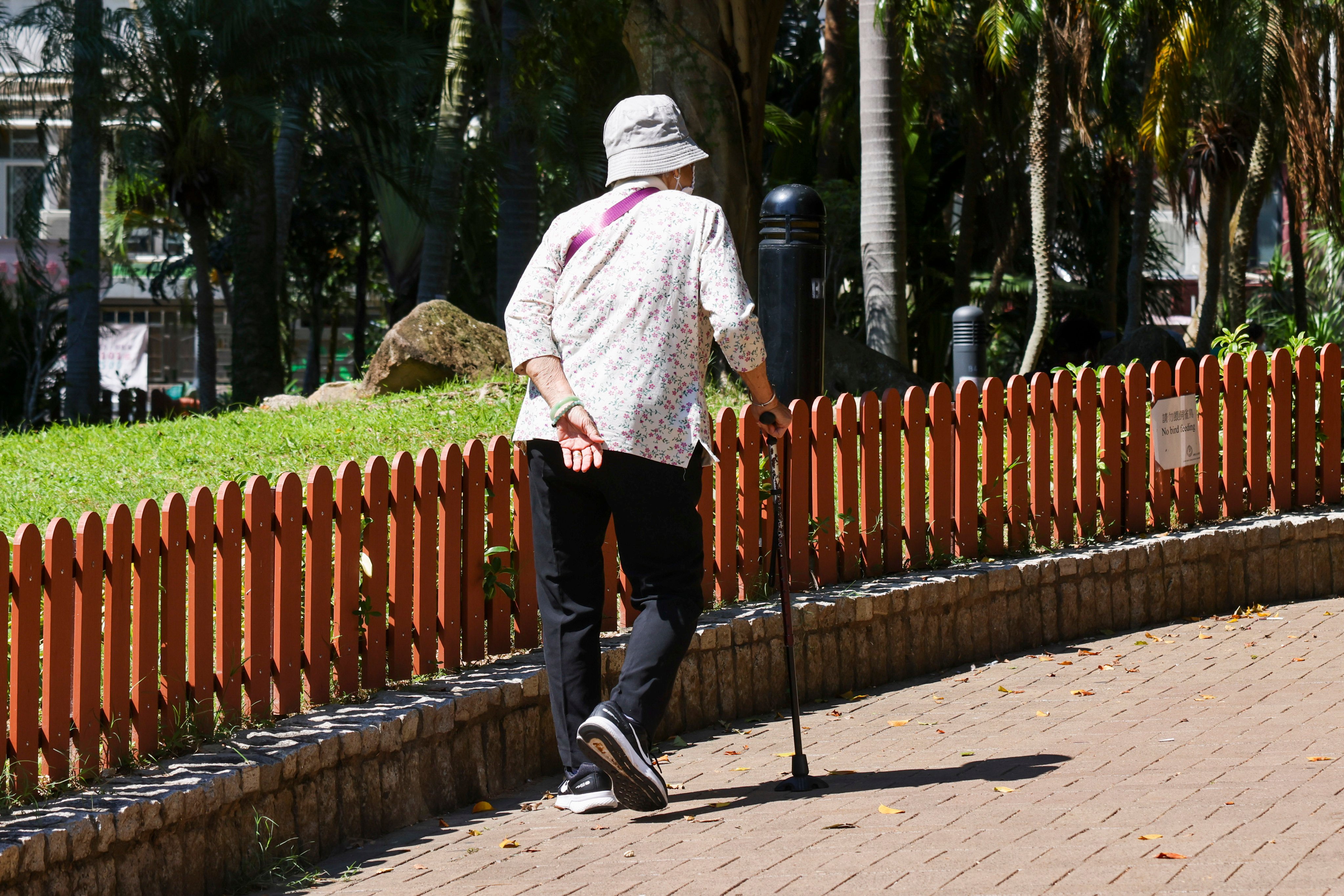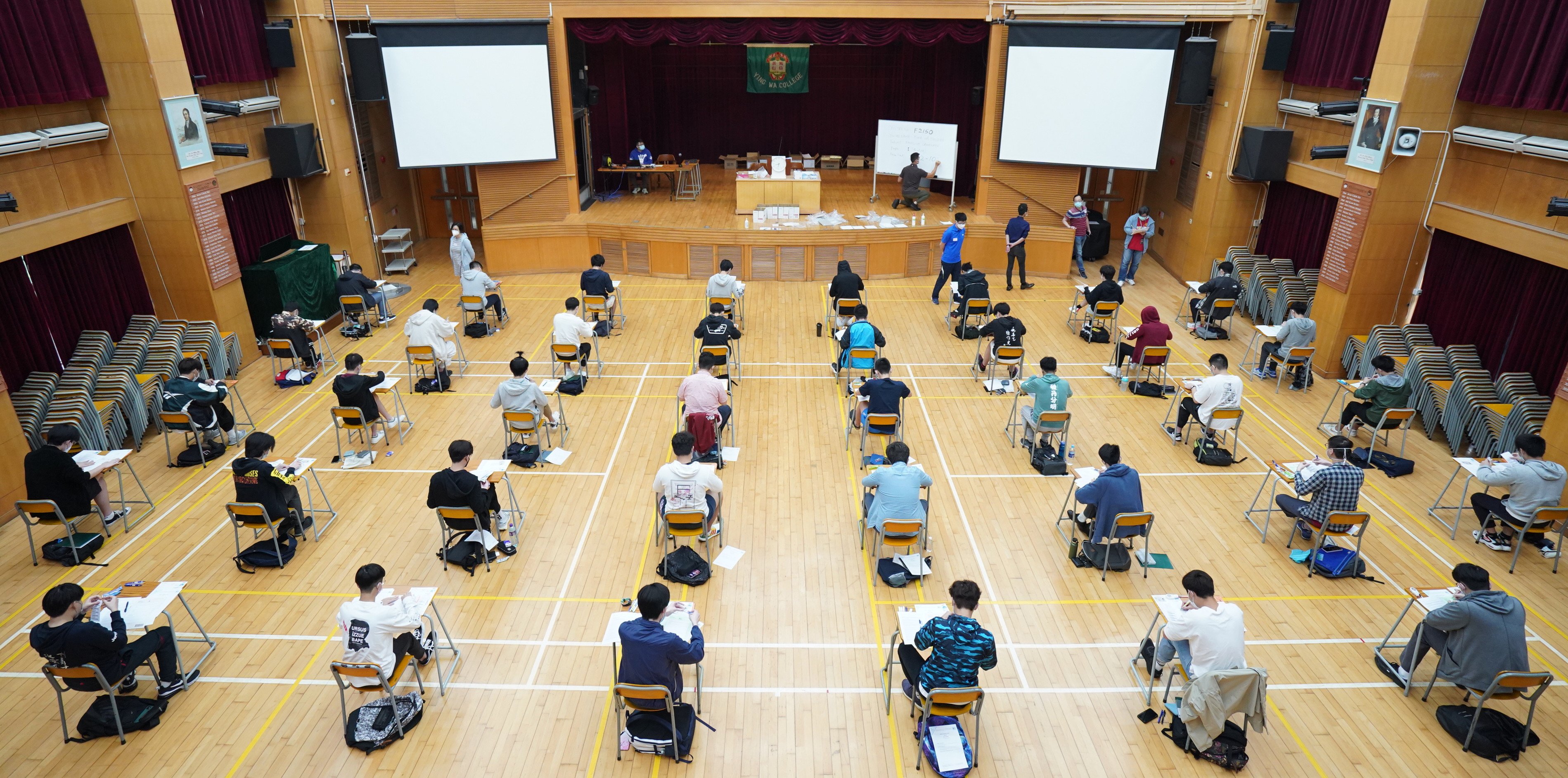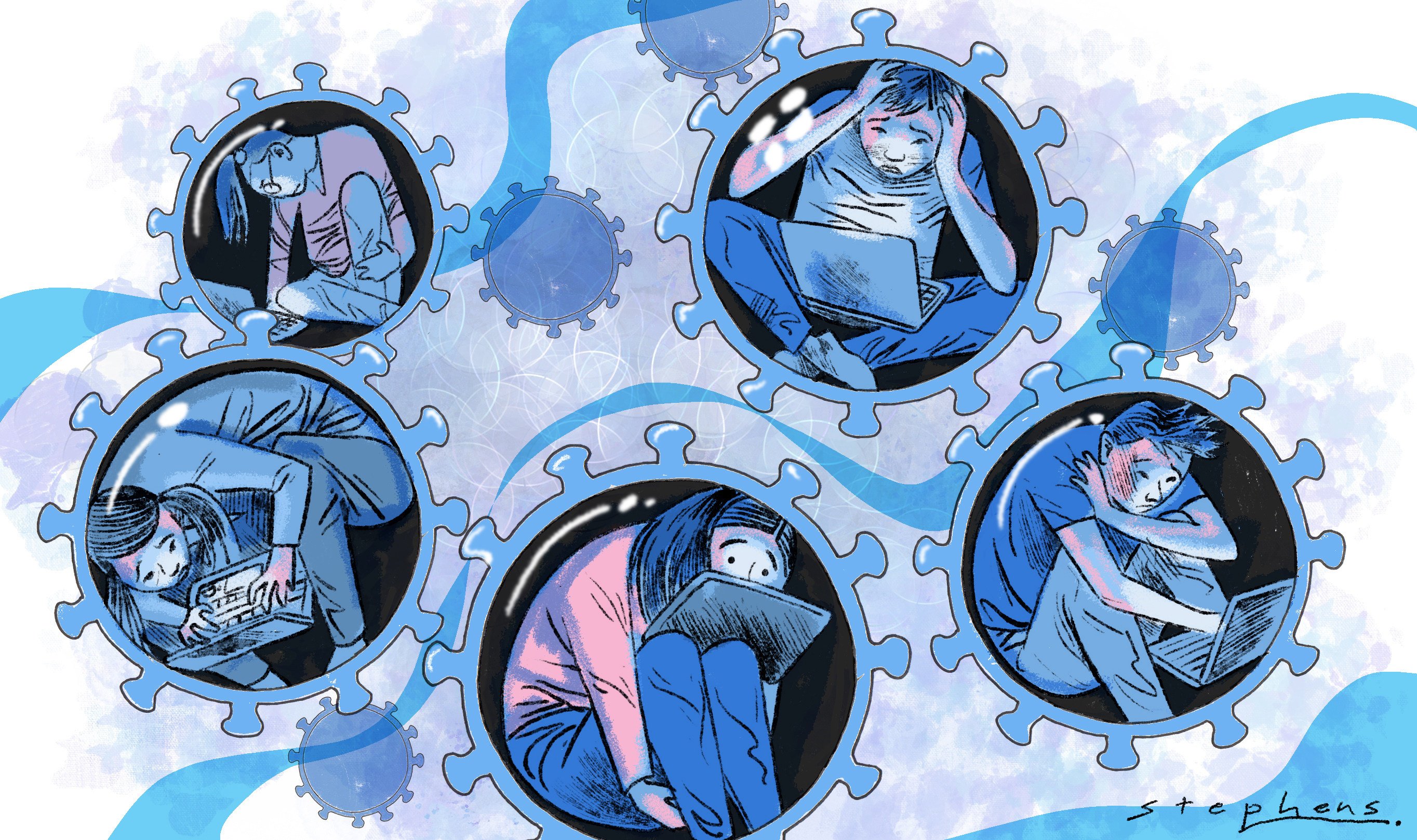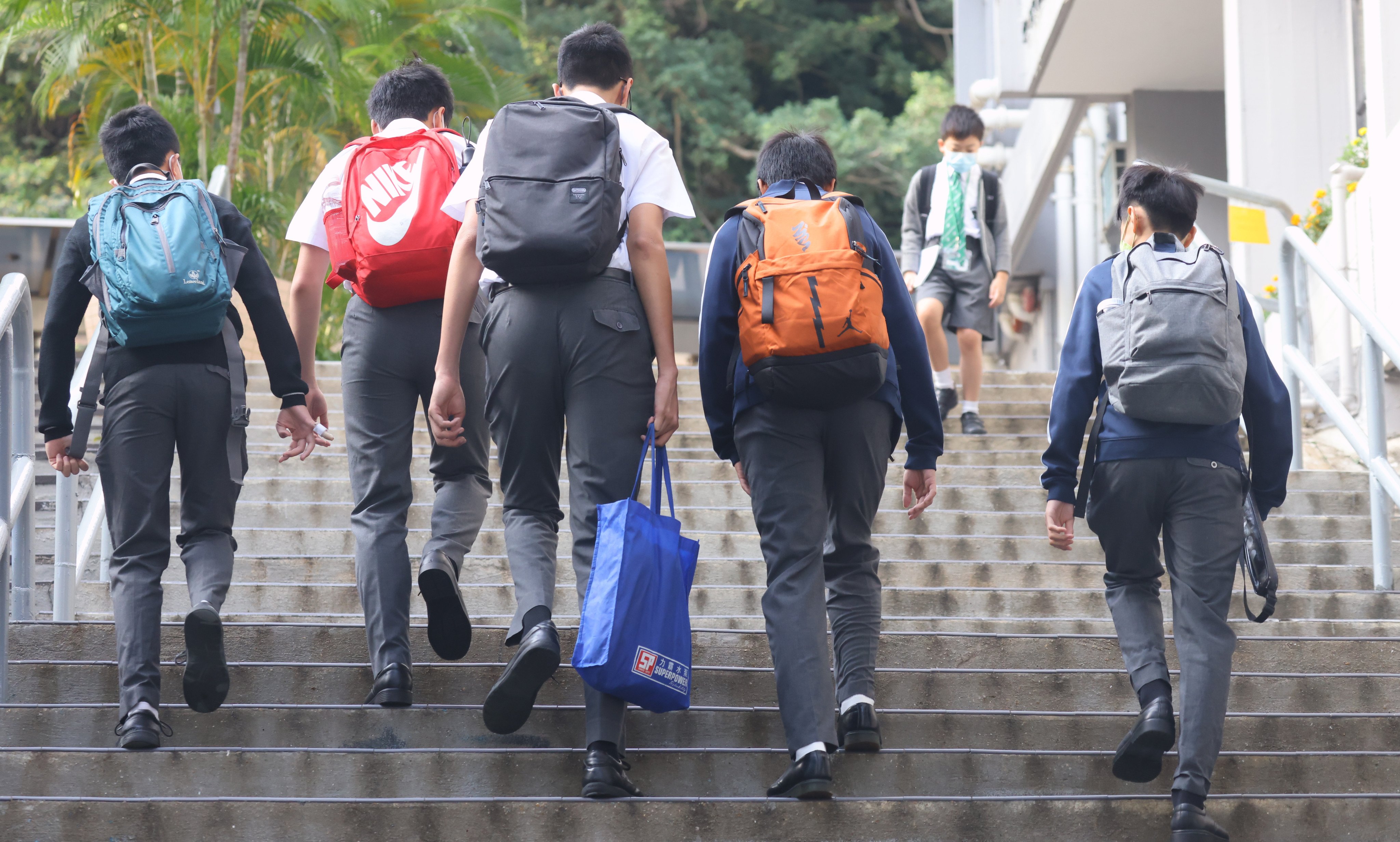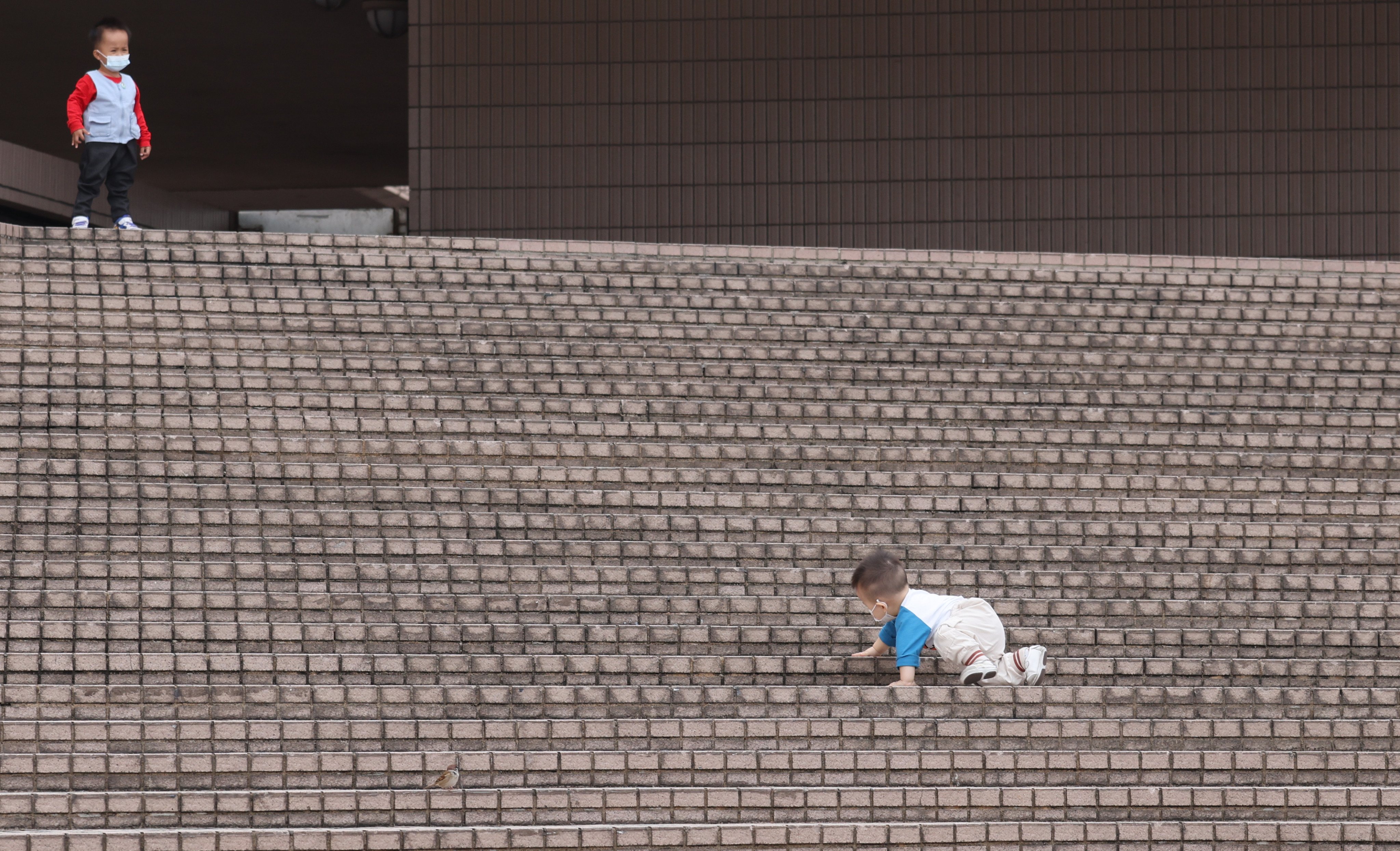Advertisement
Advertisement

Paul Yip
Paul Yip is the founding director of the Centre for Suicide Research and Prevention at the University of Hong Kong, and a professor at the university's Department of Social Work and Social Administration. His interests include suicide prevention, population health and poverty research. He serves as the secretary general of the Asian Population Association and the research chair of the Family Planning Association of Hong Kong. He was a part-time member of the Central Policy Unit and a member of the Hong Kong government's Steering Committee on Population Policy.
While IVF can be an important tool for infertile couples, it cannot take the place of broad social and financial support for hopeful parents.
Government initiatives are expensive and not enough. For effective youth development, collaboration is needed with businesses and the community.
The pressure to succeed at any cost to health and relationships can lead to a hollow victory. Mental wellness must be part of our lifestyle.
Mental health issues are more common than some might think. Talking openly and reaching out to people around us who may be struggling can help.
Advertisement
Displaying warnings similar to those on tobacco products can raise public awareness of the risks of social media – but that may not be enough.
Hong Kong’s new minimum wage formula is a win-win for employers and employees and shows the city is finally taking action to support low-income workers. Contractors and subcontractors must also be held accountable to protect the rights of outsourced workers and prevent accidents on the job.
While the growth in the population is heartening, the city’s low fertility rate and ageing population call for creative approaches. With migration set to be the main mode of population growth, the city must focus on diversity and inclusiveness.
While the internet provides young people with a valuable platform, it also exposes them to cyberbullying, privacy concerns, social media pressure and more. Keeping youth safe online requires active involvement from parents, teachers, tech companies and policymakers.
The three-tier system meant to address the rise in student suicides and provide mental health support will have limited effect if it ignores underlying causes. Hong Kong must foster an inclusive, empathetic and forgiving attitude to retain residents, attract new talent and ease the burden of our struggling youth.
The goal should be to increase affordable housing for everyone, invest in a quality education system and create a family-friendly society.
Recent student deaths and yet another alarming report about the state of youth mental health should push the community to work harder at providing non-judgmental support for our young.
Koper Prison in Slovenia sits in the centre of the community, and its environment reflects a humanistic concern for inmates. The Slovenian prison system’s emphasis on rehabilitation, education and community integration ought to inspire jurisdictions like Hong Kong.
Youth unemployment and a lack of upward mobility are some of the factors causing hopelessness. It is time to rethink the challenges around mental health and release community resources to tackle the challenges keeping people from mental wellness.
Assumptions about net migration gains offsetting natural population decline are far from certain and ignore several pressing issues. There is no silver bullet for raising the fertility rate, but a caring, and happy living environment for all can help.
Super-connector Hong Kong should also build its bridges to the mainland and the world, between the government and people, and among groups in society – making sure to leave no one behind.
People still struggle to grasp that celebrities, healthcare workers and others who appear outwardly successful can suffer from mental health issues. We need a systematic change in our understanding of mental health and to destigmatise mental illness.
The city must review and adjust health and social services, especially for ethnic minorities, and increase mental health education in schools and counselling in communities. Everyone can help shape a caring and empathetic society.
In low-income countries, where early marriage and a lack of contraception result in unwanted pregnancies, boosting awareness of and access to contraception is crucial. In high-income countries, the high cost of having children deters women. Here, family-friendly policies, in the workplace and beyond, can be helpful.
A rule change in one Chinese province to allow unmarried women to have children gives them greater choice in principle, but not in practice. It does nothing to address the more fundamental economic and social factors preventing people from having children.
The government’s approach of slowly bringing friendly, hand-picked youth into the policymaking process must be overhauled if it hopes for meaningful change. Hong Kong needs an inclusive approach that reflects young people’s actual needs and gives them a reason to stay instead of seeking a better life elsewhere.
Policies to encourage couples to have children will have a limited impact, especially now that small family sizes are the norm. Instead, Beijing should take steps to improve education and skills training, reform the healthcare system and create the conditions for healthy living.
Hong Kong needs its young people to secure its future, and our new generations need not just job opportunities but more support and a sense of hope. The city’s first youth blueprint puts emphasis on creating opportunities, but neglecting young people’s mental health in the discussion will be costly.
The world is increasingly crowded, with its most populous countries facing challenges to meet demand for quality education and jobs among young people. Wealthy countries must help lower-income nations ensure reliable access to food, healthcare and jobs as equitable development is in their interest, too.
Patients in need should be informed of all the options they have and get access to professional advice and appropriate services before ending their lives. Doing so without thorough consideration and adequate support is not really a choice but a compromise.
Drilling students for exams that fail to measure their true abilities or prepare them for the real world of work will not alleviate Hong Kong’s talent shortage. What’s more, standardised tests put students from lower income backgrounds and ethnic minority groups at a disadvantage.
The pandemic has weighed heavily on people’s mental health, especially vulnerable groups including the young, elderly and unemployed. We can all take time to reach out, as every action can connect someone to life and to the help they need.
With another school year starting and no sign of a let-up in Covid-19 restrictions, young people’s mental health and social development continue to suffer. The rise in suicides and those needing help show the damage that has already been done, and further disruptions would only make things worse.
Most schools are too focused on producing students who get good grades and go to university to prepare young people for other paths in life. Mental health training should be included in the compulsory curriculum to cultivate positive life attitudes, regardless of academic success.
With new estimates putting the cost of raising a child in Hong Kong at HK$6 million, it’s no wonder many couples cannot afford to start a family. But does raising a child have to be so expensive? In addition to existing measures like free schooling, better deployment of community resources could help.
Hong Kong has a duty to its young people. We need education reform to better recognise non-academic talent, more resources for schools and teachers, better community support and help for families, plus improved job and training opportunities.



